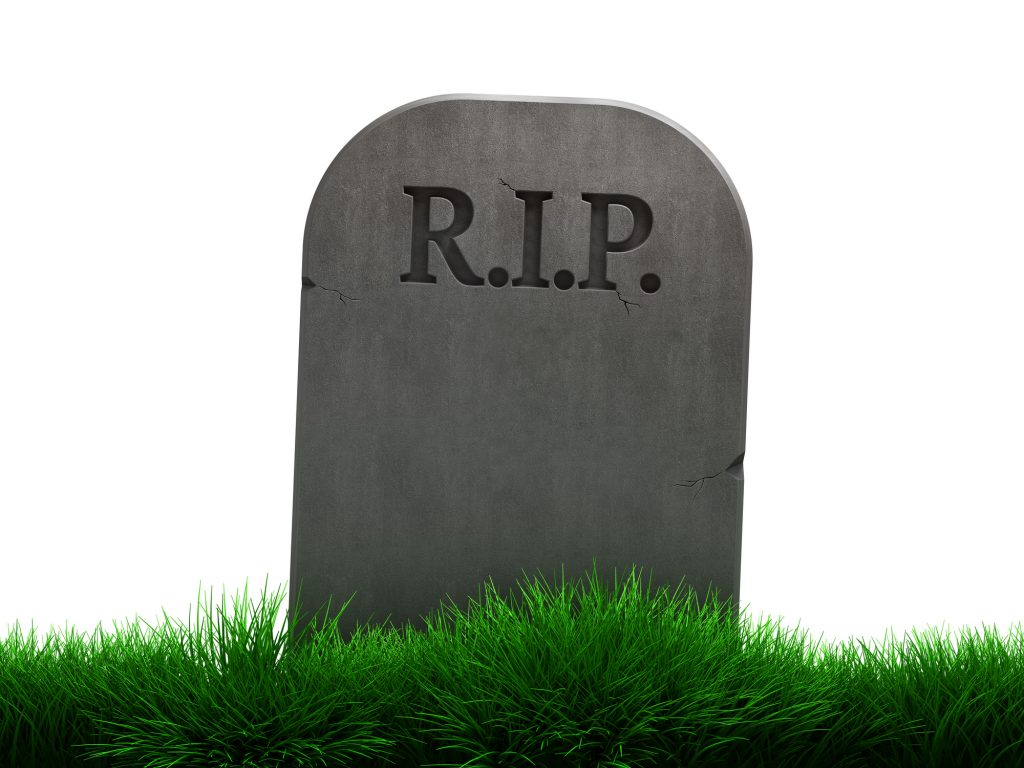The Barder Principle and the Family Court – Impact of Covid-19

Christianah Babajide, paralegal at Payne Hicks Beach and City Law School graduate, interviews her mentor Senior Associate Emily Foy on the Barder principle, a principle set in 1987 but which has potentially gained a new lease of life thanks to Covid.
Anyone interested in mentoring can read about Christianah and Emily’s journey with Coram’s Fields.
In your own words, what is the Barder principle?
The Barder principle comes from the case of the same name whereby the Court is permitted to exercise its discretion and to set aside or allow a party to appeal out of time a Court Order, provided certain criteria are met.
Where did it originate from?
The principle stems from the 1987 case of Barder v Barder [1987] 2 FLR 480 which involved a tragic set of circumstances whereby the wife killed the children of the family and then committed suicide five weeks after the Court Order was made. The Court of Appeal held that the husband should be given permission to appeal the Order out of time, in circumstances where the entire basis on which the Order had been made (specifically, the needs of the wife and the children) had been entirely invalidated by the sad intervening events.
How binding is the financial order?
Whilst final financial orders in relation to income (maintenance orders) are inherently variable, a capital order of the Court is generally binding, save for in very narrowly prescribed circumstances which are beyond the scope of this discussion!

When can you apply the Barder principle?
In the case of Barder, Lord Brandon laid down four principles, which must be satisfied for a Barder application to succeed:
- New events have occurred since the making of the order, which invalidate the basis, or fundamental assumption, upon which the order was made, so that, if leave to appeal out of time were to be given, the appeal would be certain, or very likely, to succeed.
- The new events should have occurred within a relatively short time of the order having been made [NB: In most cases this would be no more than a few months.]
- The application for leave to appeal out of time should be made reasonably promptly in the circumstances of the case.
- The grant of leave to appeal out of time should not prejudice third parties who have acquired, in good faith and for valuable consideration, interests in property which is the subject matter of the relevant order.
What circumstances would be considered Barder events and what circumstances would not be considered Barder events?

As in the case itself, death can be held to be a Barder event but not in every case. Engagement or remarriage may also be found to be a Barder event in certain circumstances. It is impossible to give a full list as each case turns on its own particular facts. The category of events which can be truly said to be Barder events are very limited. Save for the case itself there have been only a few applications to the Court that have successful pleaded Barder. As Lord Brandon made clear, new events must have taken place which were both unforeseen and unforeseeable and which have entirely undermined or invalidated the fundamental assumption on which the Order was made.
Matters which have invariably been found not to be Barder events include changes in the value of assets (however dramatic, per Lady Hale in Cornick), changes in employment status and the natural processes of price fluctuation, whether in relation to property, shares or any other asset.
However, as with all family matters, each case rests on its fact and, therefore, there are no hard and fast rules as to what will and will not constitute a Barder event.
What are the timescales for using the Barder principle?
Again, there are no hard and fast rules but the new event must take place within a “relatively” short time period. I expect it would be hard to argue that any application made more than a year, or two at most, after the Order was made would be able to take advantage of the Barder principles.
In light of the Coronavirus pandemic, can clients change their divorce settlement?
It remains to be seen! Many are expected to be likely to try. There have been no High Court or Court of Appeal reported cases yet which deal with the question but it is only a matter of time. I know of a number currently going through the Court system.

Can the court “re-open” a final order?
An income or maintenance order is always variable until terminated. A capital order cannot generally be re-opened save for in certain limited circumstances.
Would a change to the value of assets as a result of Covid-19 be considered a Barder event and allow the reopening of a final order?
The general view seems to be that Covid-19 cases are more similar in terms of the facts to those such as Myerson v Myerson [2009] EWCA Civ 282 which dealt with share price fluctuations following the 2008 financial crash, which was found not to be a Barder event as asset fluctuations are at least foreseeable, if not foreseen. I expect the main argument will be whether coronavirus, or a pandemic of this nature, was foreseeable. On balance, I think that applicants trying to use the Barder principle to reopen cases as a result of the coronavirus will have an upwards battle, not least because the Courts will be wary about opening the floodgates to a wave of potential litigants.
How difficult is it to apply the Barder principle to a case?
Very difficult, there have only been a handful of cases where the argument has been successfully deployed.
Do you think Covid-19 is a natural process of price fluctuation or an unforeseeable event?

Personally, I think it falls firmly into the Myerson camp as being the natural process of price fluctuation. However, there may be some cases where it might apply because of other relevant factors.
For example, what if someone died as a result of coronavirus shortly after the Order was made. What if their Order was made and then we went into lockdown just 22 days later, so 1 day after they could have mounted an appeal. What if their business goes completely and they have no other assets from which to pay? Again, it will all turn on the specific circumstances of the case.
Christianah is a Paralegal in the family department at Payne Hicks Beach.
